Undercover police play an important role in fighting and preventing crimes. They operate in secrecy to gather information that can help solve cases and make arrests. However, there are laws that govern their conduct to ensure that they do not abuse their power and infringe on people's rights. In this article, we will discuss the laws for undercover police.
What is an Undercover Police?
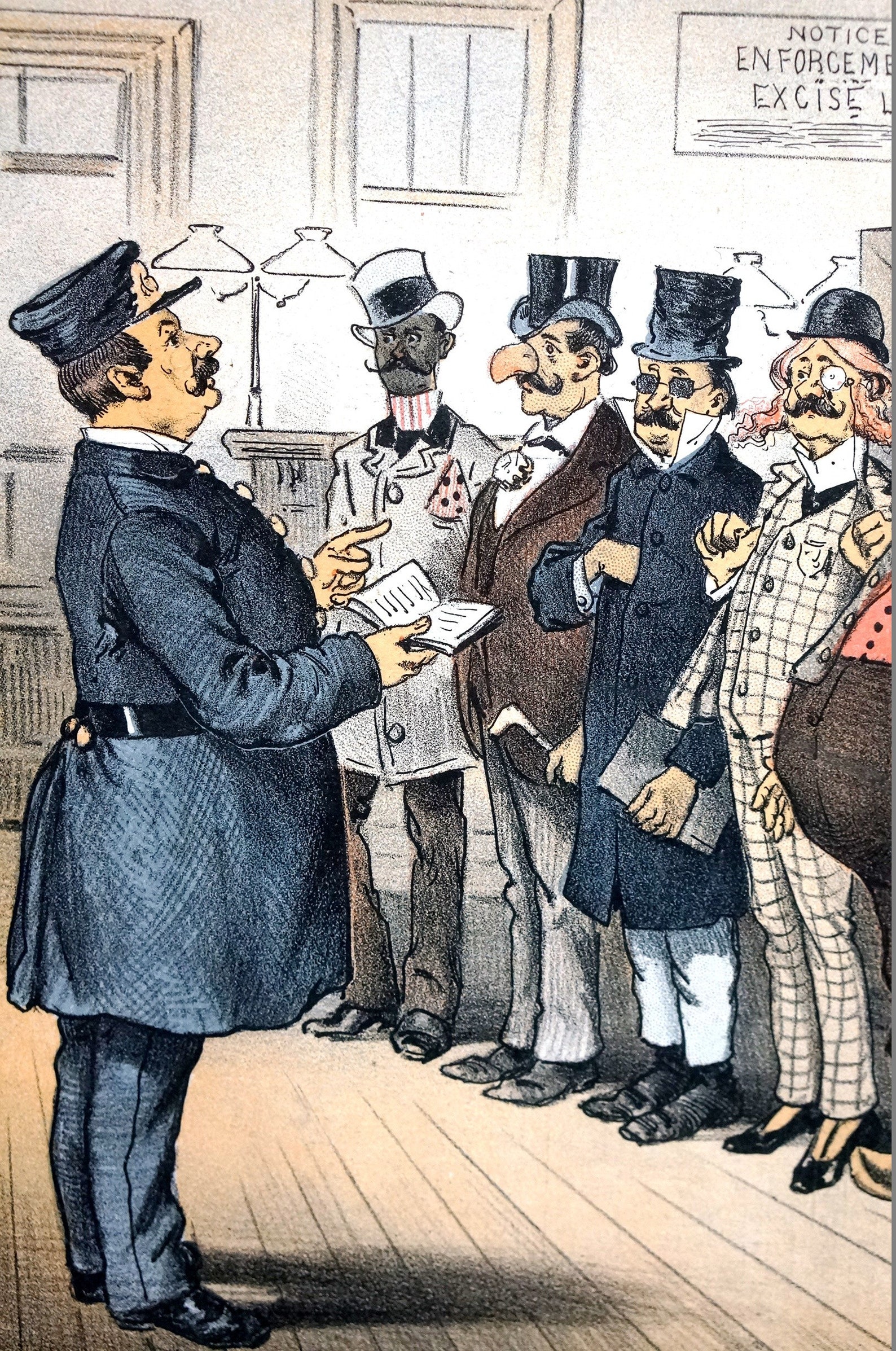
An undercover police officer is a law enforcement agent who operates covertly to gather information and evidence about criminal activities. They may pose as criminals or work undercover in a particular community or group to collect information. The primary goal of undercover police is to prevent and solve crimes by identifying and arresting perpetrators.
Legal Requirements for Undercover Police
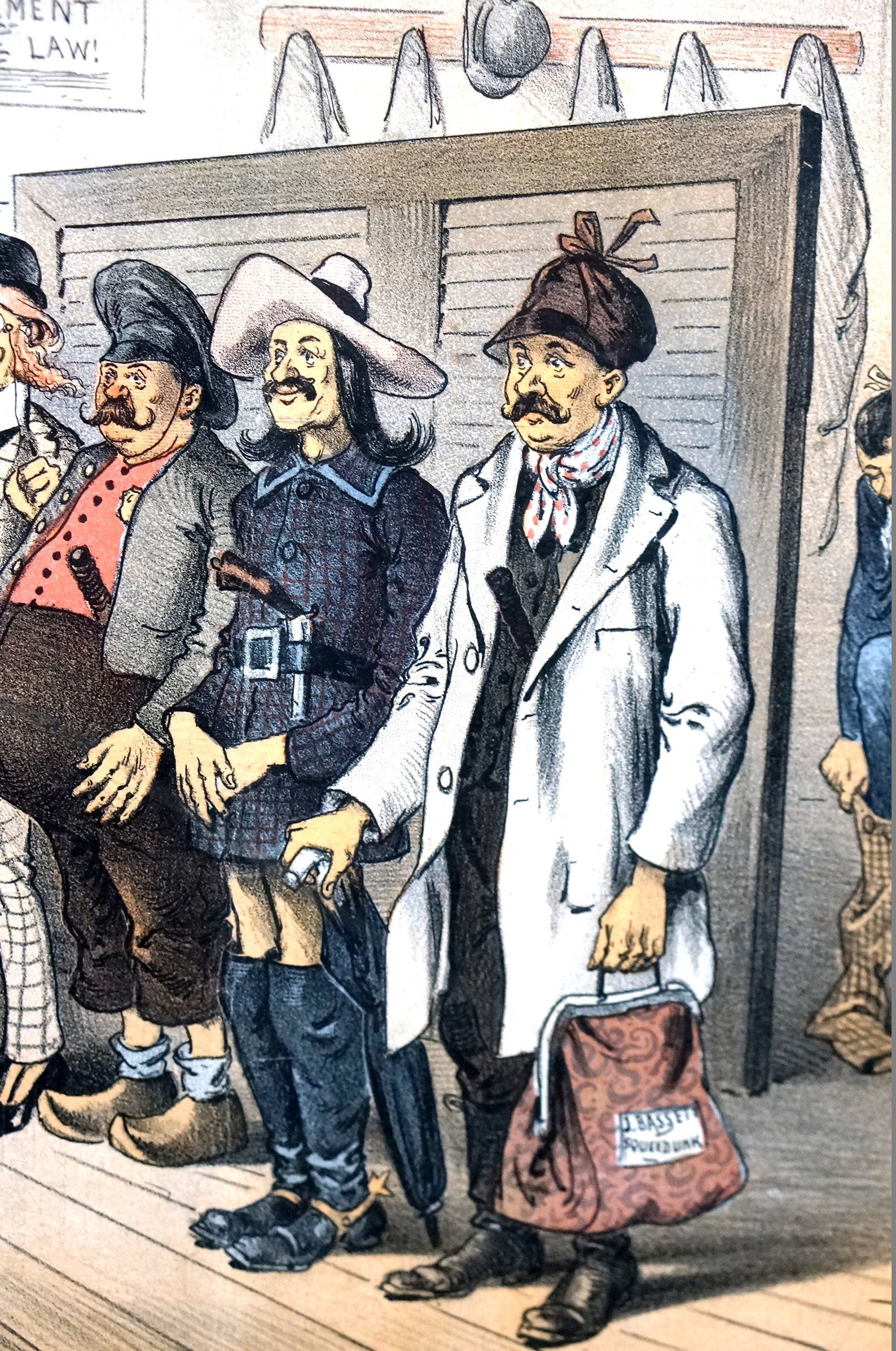
Undercover police are subject to the same laws and regulations as regular police officers. However, there are additional legal requirements that they must meet to ensure that their operations do not violate people's rights. Here are some of the legal requirements for undercover police:
Authorization

Before an undercover operation can begin, the police department must obtain authorization from a judge or other authorized officials. The authorization must specify the purpose, scope, and duration of the operation. It must also state the type of criminal activity that the undercover police will investigate.
Limitations on Police Conduct
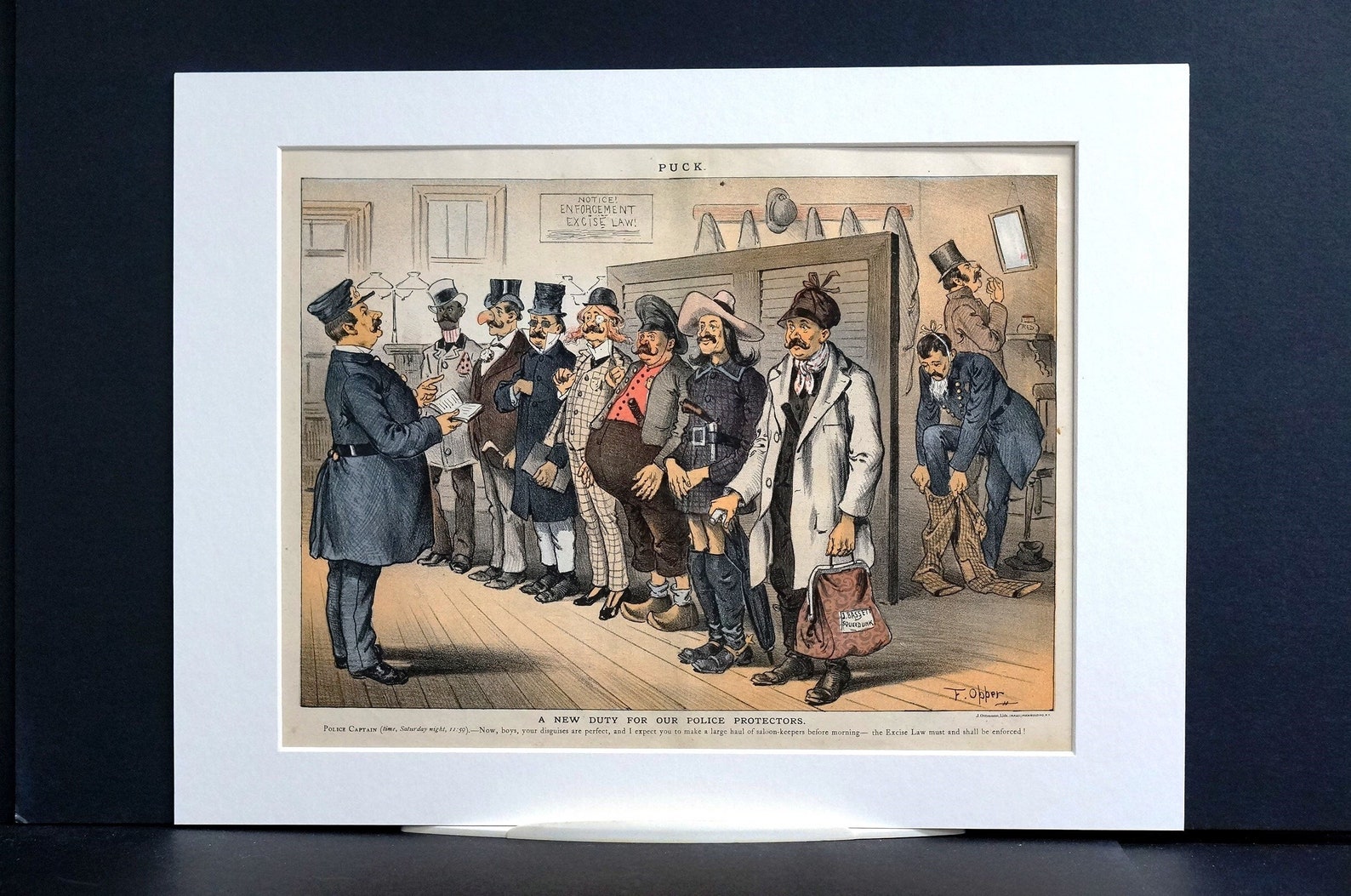
Undercover police are subject to the same limitations as regular police officers. They must not engage in activities that violate people's rights, such as entrapment, coercion, or excessive use of force. They must also follow the rules of evidence and respect people's privacy.
Report Requirements
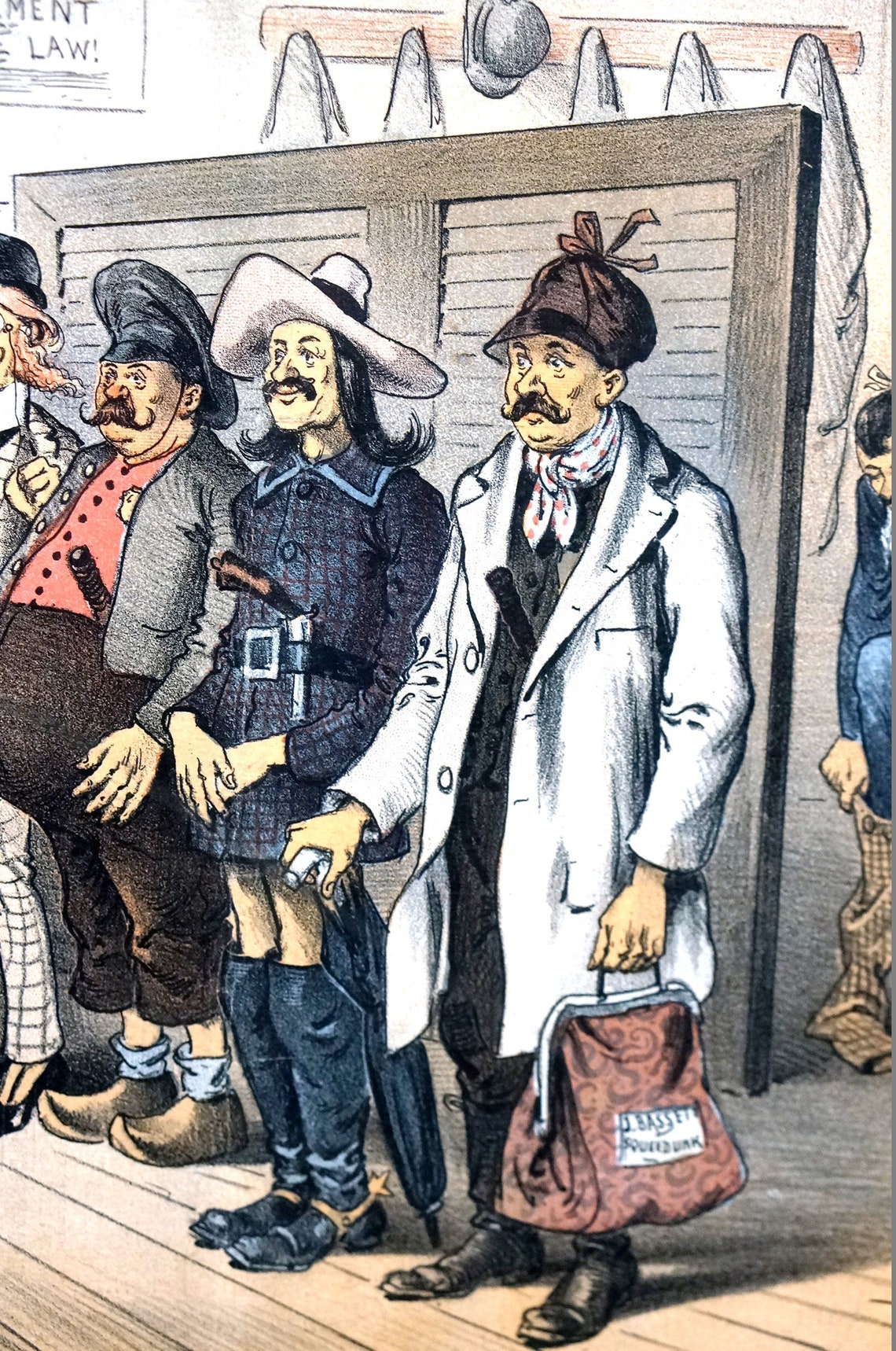
Undercover police must file reports on their activities regularly. The reports must include details of the operation, such as the people and places involved, the evidence collected, and the actions taken. The reports must also include any violations of the law or departmental policies.
Training and Supervision
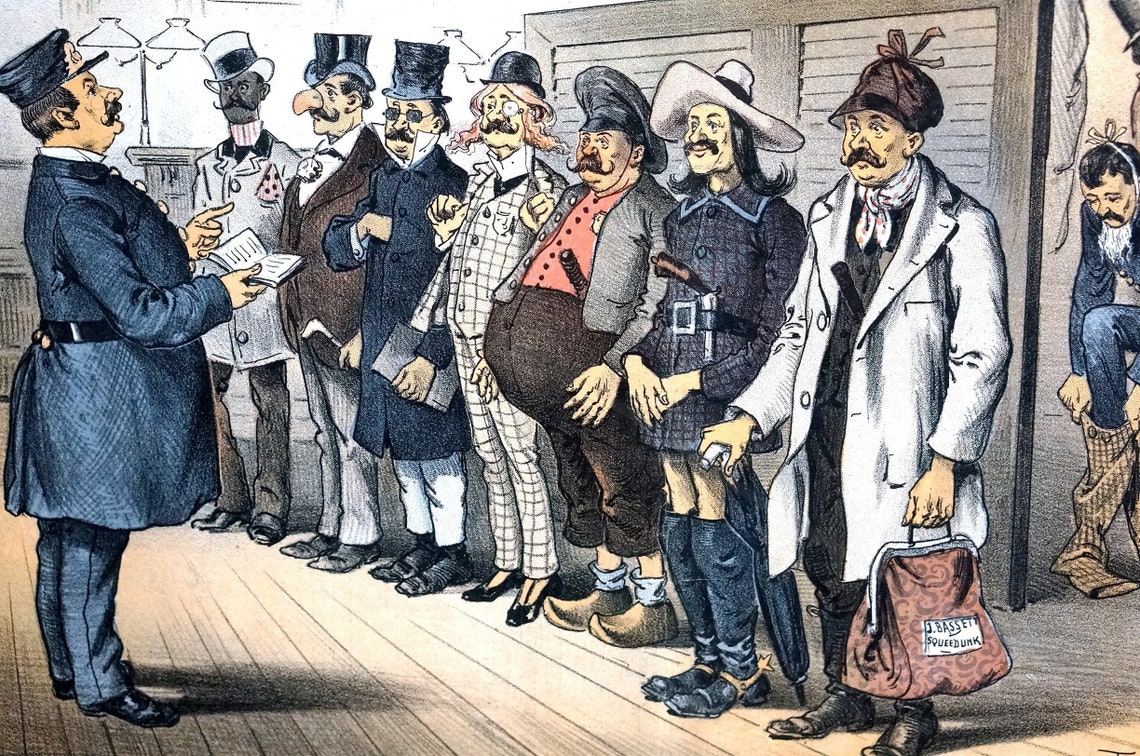
Undercover police must undergo specialized training and supervision to prepare them for their duties. The training must cover topics such as undercover techniques, legal requirements, and safety. The supervision must ensure that the undercover police comply with the law and departmental policies.
Conclusion
Undercover police play a crucial role in fighting crime, but they must operate within the bounds of the law. The laws for undercover police ensure that their operations are legal, ethical, and effective. By following these laws, undercover police can help keep our communities safe and secure.